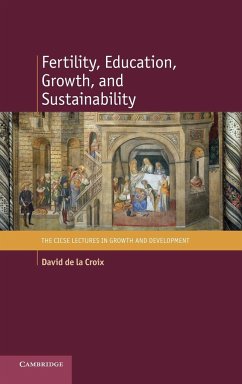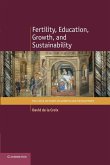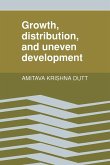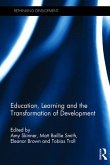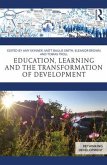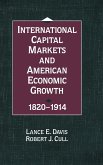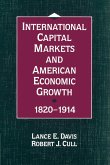Fertility choices depend not only on the surrounding culture but also on economic incentives, which have important consequences for inequality, education and sustainability. This book outlines parallels between demographic development and economic outcomes, explaining how fertility, growth and inequality are related. It provides a set of general equilibrium models where households choose their number of children, analysed in four domains. First, inequality is particularly damaging for growth as human capital is kept low by the mass of grown-up children stemming from poor families. Second, the cost of education can be an important determining factor on fertility. Third, fertility is sometimes viewed as a strategic variable in the power struggle between different cultural, ethnic and religious groups. Finally, fertility might be affected by policies targeted at other objectives. Incorporating new findings with the discussion of education policy and sustainability, this book is a significant addition to the literature on growth.
Bitte wählen Sie Ihr Anliegen aus.
Rechnungen
Retourenschein anfordern
Bestellstatus
Storno

